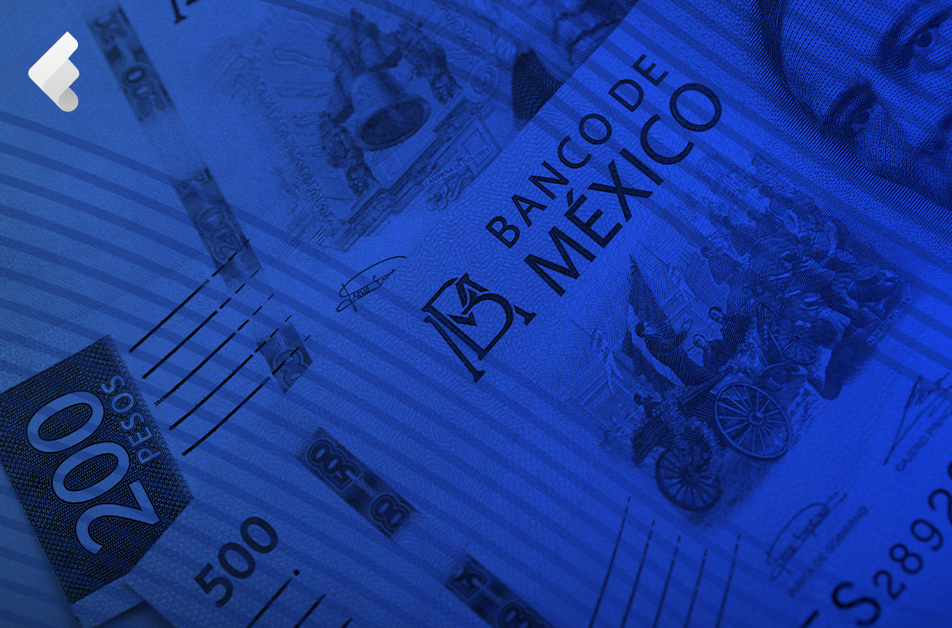Table of Contents
Every country has their own tax system and code by which individuals and corporations must abide. The tax policy of individual countries is one of the main determining factors for whether it is considered viable for businesses and friendly to foreigners doing business in or relocating to that country. Let’s take a look at Chile’s tax overview in three main categories: Personal Taxes, Corporate Taxes, and VAT Taxes.
SERVIAP can help with your global expansion needs. Contact us today to learn how you can expand your business with PEO in Chile.
Chile Personal Taxes
Here’s everything you need to know about personal taxes in Chile:
Who is Taxed?
Both residents and non-residents of Chile are subject to taxes in the country. Individuals are deemed to be a resident of Chile if they stay in the country for more than six months over two tax years in a row.
What is the Tax Rate?
Chile has a progressive tax rate that ranges from 4% to 35.5%. Some individuals will pay on the higher end of taxes in Latin America, while others will pay on the lower end. As a whole, the average individual tax rate in Latin America for 2021 is 31.89%.
The tax rates are based upon what are called monthly units of levy, the value of which are revalued every month.
National vs International Income
Residents of Chile are taxed on all income they earn, no matter where it comes from. Non-residents are taxed only on income generated within Chile. Foreigners who are establishing a residence within Chile will pay taxes only on their income generated in Chile for the first three years they’re establishing the residence. After that, they’ll be taxed on all of their income—from both within the country and external sources.
Capital Gains, Exemptions & Other Considerations
Chile treats capital gains as ordinary income. Some capital gains are exempt from taxes if they are determined to be occasional. Individuals may also deduct any business expenses that are termed to be necessary, as long as they prove that they are necessary.
The only non-business expenses Chile allows individuals to deduct are contributions to social security. This is only allowed if employees make additional contributions to their pension fund.
Chile Corporate Taxes
Here’s everything you need to know about corporate taxes in Chile:
Who is Taxed?
Companies that are considered residents of Chile pay corporate taxes on their worldwide income. Non-resident companies only pay corporate taxes on the income that they generate in Chile.
What is the Tax Rate?
Chile has a progressive tax rate for corporate taxes as well, ranging from 0% to 40%. With some exceptions (as noted below), the business income is taxed at a flat rate of 17%.
The average corporate tax rate in South America for 2020 was 27.54%, meaning Chile is on the lower end of corporate taxes in the region, for most income.
What is Taxable Income?
Chile has five tax categories for business income, including:
- First Category: Income derived from activities in agriculture, industrial and commercial within Chile; fishing, mining and other “extractive” activities; real estate and investments. The tax rate for this category is 17%.
- Second Category: Income that comes from salaries, wages, overtime, fees, bonuses, profit sharing, gratuities and other remuneration. This applies to the 0%-40% progressive tax rate.
- Complementary: Income that is withdrawn or received in the year before. This is also a progressive tax rate up to 40%.
- Additional: Income generated in Chile that is remitted or withdrawn abroad to individuals who aren’t residents of Chile from companies not considered Chilean domiciled.
- Special Tax: For non-resident companies, this is a 35% tax rate on all amounts of income that aren’t subjected to being deducted.
- Operational Mining Income Specific Tax: Mining activity is subject to a specific tax. It’s a progressive rate that starts at 0.5% depending on the amount of the sale and the type of material.
Tax Incentives & Deductions
Companies can deduct any direct costs of providing services and goods they sell. They can also deduct any necessary expenses they must incur to earn the income they generate. Chile also offers incentives to business that operate in certain regions or carry out certain activities.
Chile VAT Taxes
Value-added taxes, better known as VAT taxes, are a common form of consumption tax. The value-added portion is the difference between a business’ sales and its cost of purchasing services or goods from another business. Here’s what you need to know about VAT taxes in Chile:
Who is Taxed?
Chile taxes imports based on their CIF value. Some capital goods are exempt from the VAT tax, including raw materials that are used to process, manufacture or produce some goods to be exported. All exports are exempt from the VAT tax as well.
What is the Tax Rate?
Chile has a standard VAT tax rate of 19%. They do offer reduced rates for things such as insurance, technical services, some financial services, transport and consultancy.
Is Chile Right for Your Business?
SERVIAP is a leading Professional Employer Organization (PEO) ready to help your business expand operations throughout the Western Hemisphere. PEO is a model of co-employment, where we assume total responsibility for your talent, allowing you to focus on the strategic activities of your organization. Contact us today to learn more about how you can expand your business in Chile.
({ , formId: “4f609ddb-8f77-426d-8e9e-de115378f21f” });





























